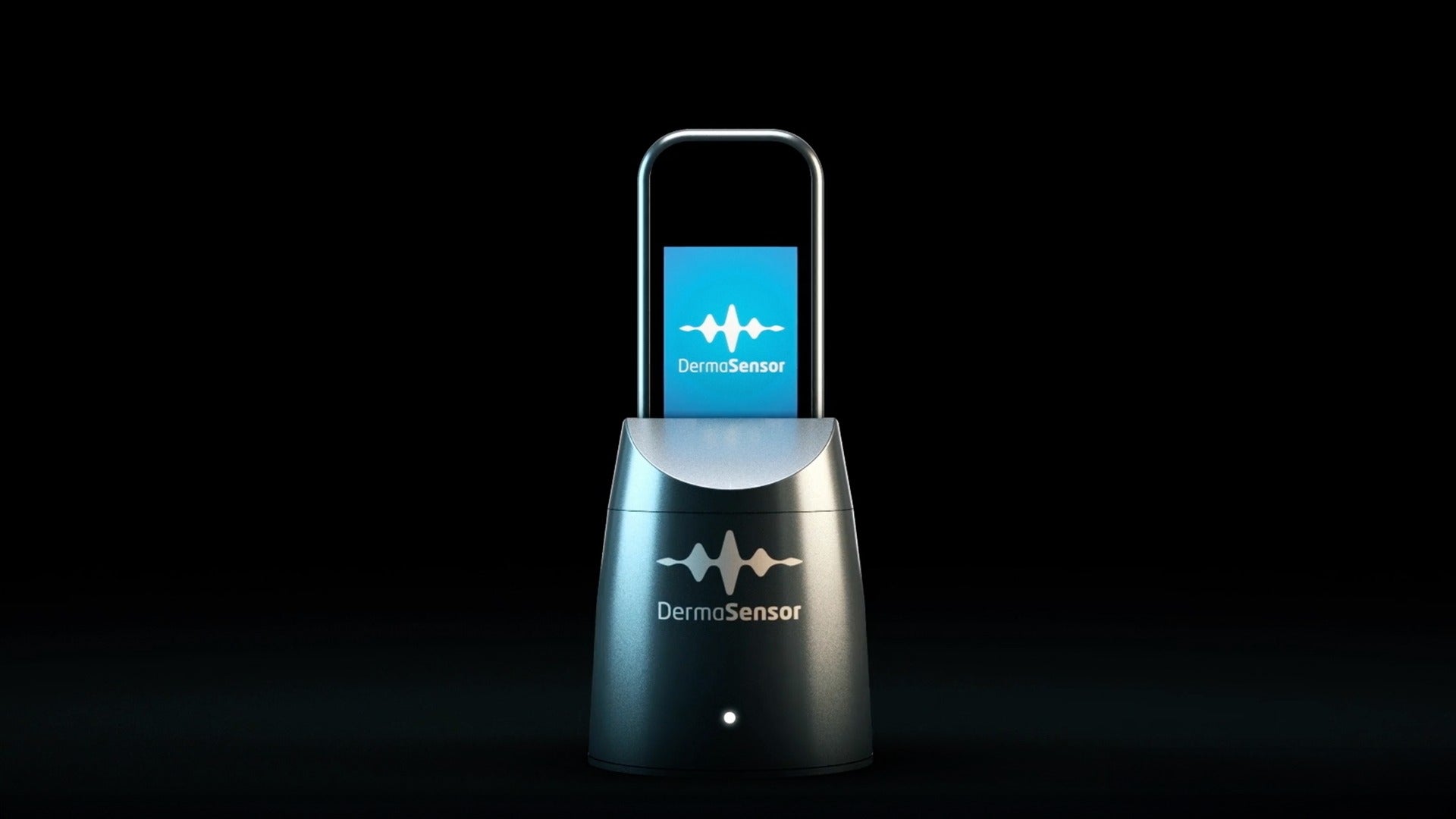
US-based health technology company DermaSensor has received the US Food and Drug Administration (FDA) approval for its real-time, non-invasive skin cancer evaluation system.
The device leverages spectroscopy technology and an AI-powered algorithm to help identify the presence of cancer.
It provides primary care physicians (PCPs) with immediate, accurate, and objective results for skin cancer detection through data-driven breakthrough technologies.
The device allows the care providers to evaluate cellular and subcellular changes to better identify skin cancers before they progress, said the health technology company.
DermaSensor co-founder and CEO Cody Simmons said: “We are entering the golden age of predictive and generative artificial intelligence in healthcare, and these capabilities are being paired with novel types of technology, like spectroscopy and genetic sequencing, to optimise disease detection and care.
“Equipping PCPs, the most abundant clinicians in the country, to better evaluate the most common cancer in the country has been a major, long-standing unmet need in medicine.
“While dozens of companies have attempted to address this problem in recent decades, we are honoured to be the first device cleared by the FDA that provides PCPs with an automated tool for evaluation of suspicious lesions.”
The device leverages the Elastic Scattering Spectroscopy (ESS) technology, which evaluates how photons scatter when reflected from different cellular structures.
Malignant lesions have different cellular and sub-cellular structures compared to benign lesions, and they scatter the light differently from others.
The device comes with a tip that reflects and records quick bursts of light from the lesion’s cellular and sub-cellular content, which is analysed to provide diagnostic information.
It will help physicians assess skin lesions, including melanomas, squamous cell carcinomas, and basal cell carcinomas, supporting their referral decision.
Based on the difference in light scattering, the DermaSensor device determines if the skin lesion is either in the ‘Investigate Further’ or ‘Monitor’ stage, providing an immediate output.
DermaSensor co-founder and chairman Maurice Ferre said: “Achieving this medical milestone is a testament to the 12 years and tens of millions of dollars our company has invested in research and development to bring this powerful technology to market.
“We are incredibly grateful to the FDA for their collaboration and dedication to this area starting with our first FDA pre-submission meeting in 2016.
“Having begun patient enrolment in our FDA pivotal study in mid-2020, we are now ecstatic to have clearance of our FDA-Breakthrough Designated De Novo submission.”
The FDA approval is based on a clinical utility study of more than 1,000 patients and 108 physicians across 22 study centres to validate the device’s performance.
The study, led by the Mayo Clinic, showed that the device had 96% sensitivity across all 224 skin cancers, and a negative result had a 97% chance of being benign for all skin cancers.
Also, the device was found to decrease the number of missed skin cancers by half, increasing the physicians’ accuracy and confidence in assessing cancerous lesions.






